
Meghan Rosen is a senior writer who reports on the life sciences for Science News. She earned a Ph.D. in biochemistry and molecular biology with an emphasis in biotechnology from the University of California, Davis. Her dissertation work involved studying mutated proteins in liver and kidney cancer. She later graduated from the science communication program at UC Santa Cruz. Prior to joining Science News in 2022, she was a media relations manager at the Howard Hughes Medical Institute. Her work has appeared in Wired, Science, and The Washington Post, among other outlets. Once for McSweeney’s, she wrote about her kids’ habit of handing her trash, a story that still makes her (and them) laugh.

Trustworthy journalism comes at a price.
Scientists and journalists share a core belief in questioning, observing and verifying to reach the truth. Science News reports on crucial research and discovery across science disciplines. We need your financial support to make it happen – every contribution makes a difference.
All Stories by Meghan Rosen
-
 Tech
TechComputer program bests world champion 4-1 in strategy game Go
Google DeepMind’s Go-playing computer program AlphaGo has topped Lee Sedol, the world’s reigning Go player, in a five-game match in South Korea.
-
 Tech
TechComputer takes first game in match against Go world champion
The computer program AlphaGo takes the lead in a five-match challenge of the strategy game Go.
-
 Health & Medicine
Health & MedicineBrazil study strengthens link between Zika virus, birth defects
In a study of pregnant women in Brazil, nearly 30 percent of those infected with Zika virus had babies with fetal abnormalities.
-
 Health & Medicine
Health & MedicineMicrocephaly: Building a case against Zika
Zika virus is the prime suspect for Brazil’s recent surge in birth defects. New evidence in human cells strengthens the case, but more definitive proof could come this summer from Colombia, where thousands of pregnant women have been infected.
-
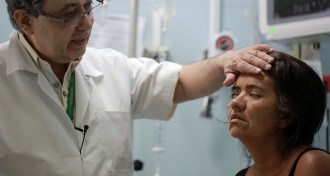 Health & Medicine
Health & MedicineScientists probe Zika’s link to neurological disorder
The link between the Zika virus and Guillain-Barré syndrome is growing stronger.
-
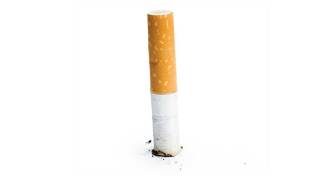 Health & Medicine
Health & MedicineThere’s more than one way to quit smoking
Three therapies to quit smoking are all about equally effective in the long term, a new study finds.
-
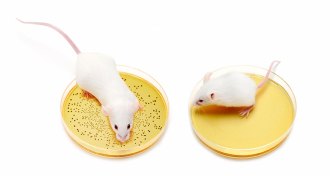 Microbes
MicrobesMissing gut microbes linked to childhood malnutrition
The right mix of gut microbes could prevent kids from succumbing to malnutrition.
-
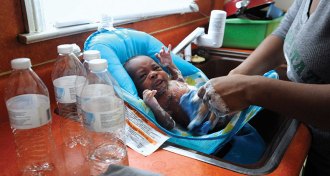 Health & Medicine
Health & MedicineLead’s damage can last a lifetime, or longer
Scientists have known for decades that lead is toxic to the brain, but the mark lead exposure leaves on children may actually stretch into adulthood, and perhaps even future generations.
-
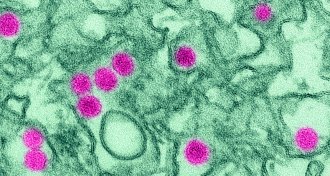 Health & Medicine
Health & MedicineUnknowns about Zika virus continue to frustrate
As worry about the Zika virus outbreak continues to ratchet up, scientists are scrambling to understand what threats the virus poses and how to stop it from spreading.
-
 Microbes
MicrobesMicrobe mix varies by kind of home
Urban homes hold more human-associated bacteria compared with rural homes. Subdivided houses with lots of rooms and poor ventilation could be to blame.
-
 Tech
Tech‘Rise of the Robots’ chronicles race to build disaster-relief bots
NOVA’s “Rise of the Robots” lays out the difficulties of making humanoid robots that can help out in disasters.
-
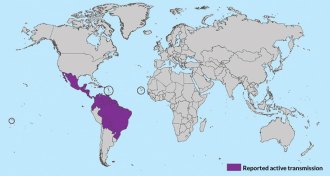 Health & Medicine
Health & MedicineWHO declares international emergency for cases linked to Zika virus
The recent spate of birth defects and neurological disorders linked to Zika virus infection constitutes an international public health emergency, the World Health Organization declared February 1.